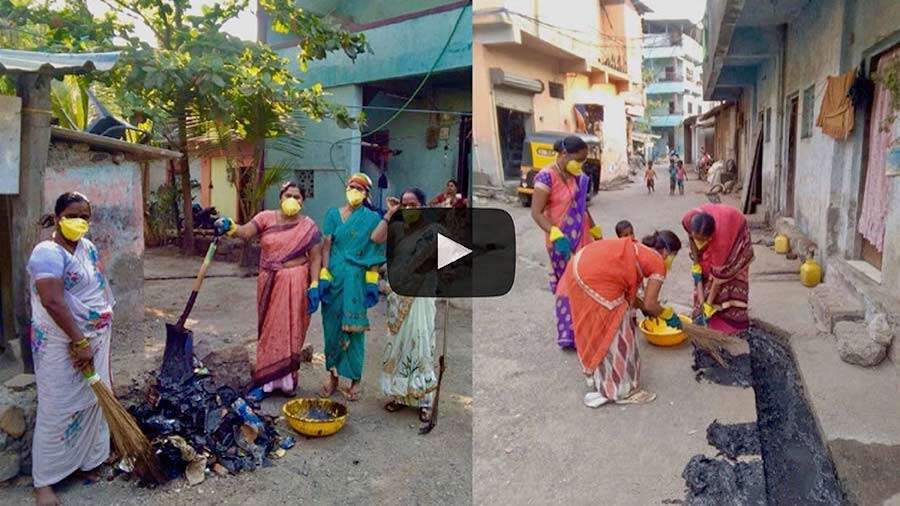Not an IASC member yet? Please follow this link to see membership options and benefits.

Abstract
The Mumbai Metropolitan Region (MMR) in India demonstrates an imbalance between the development of urban and rural areas. The peri-urban areas especially have poor infrastructure given the lack of governance frameworks. The growth of secondary and tertiary sectors in the peri-urban villages results in development strain and causes demographic, socio-economic, and spatial transformations. Deficiency in provisioning of basic services is one of the prime concerns for these villages.
Five villages from the Bhiwandi area in MMR were selected for investigating the current situation of service provisioning by the rural local bodies. This study analyses the socio-economic impact of self-help groups (SHGs) in the villages and specifically focuses on the significant role played by SHGs in developing awareness of issues and social integration in the rapidly evolving structure of these peri-urban communities. The relations between SHG participation, literacy levels and the attitude towards local involvement in solid waste management for the villages were analysed.
The resulting correlations suggest the consideration of these factors while planning for a development model for peri-urban villages. Policy level support to the SHGs can help in fostering local partnerships and community initiatives towards better service delivery in the villages. This kind of social empowerment forms the basis for social sustainability, which in turn promotes economic and environmental sustainability.